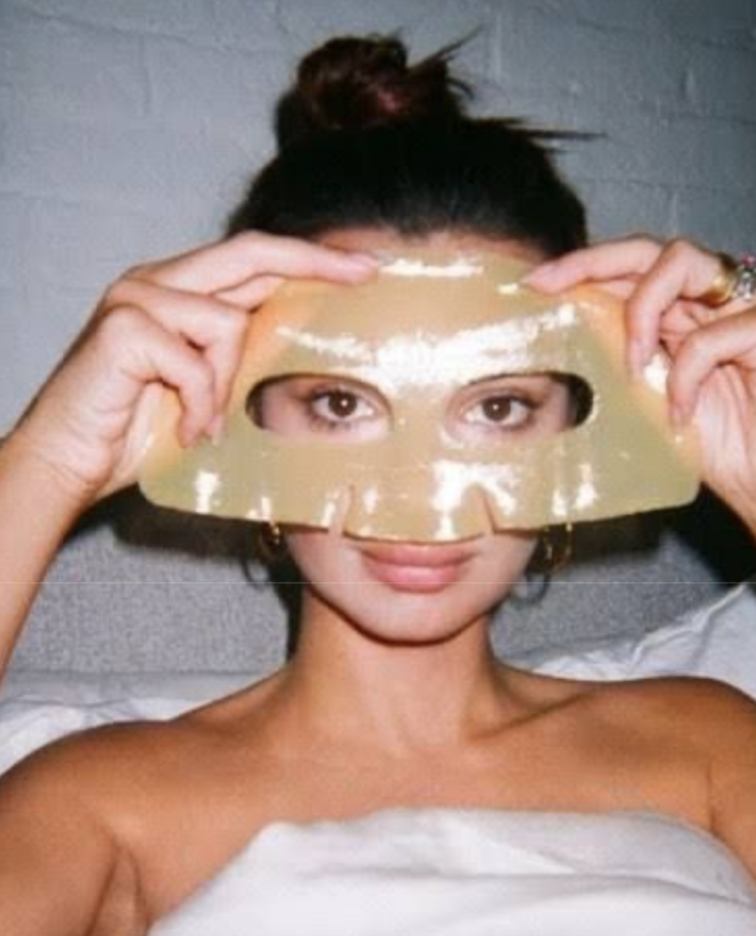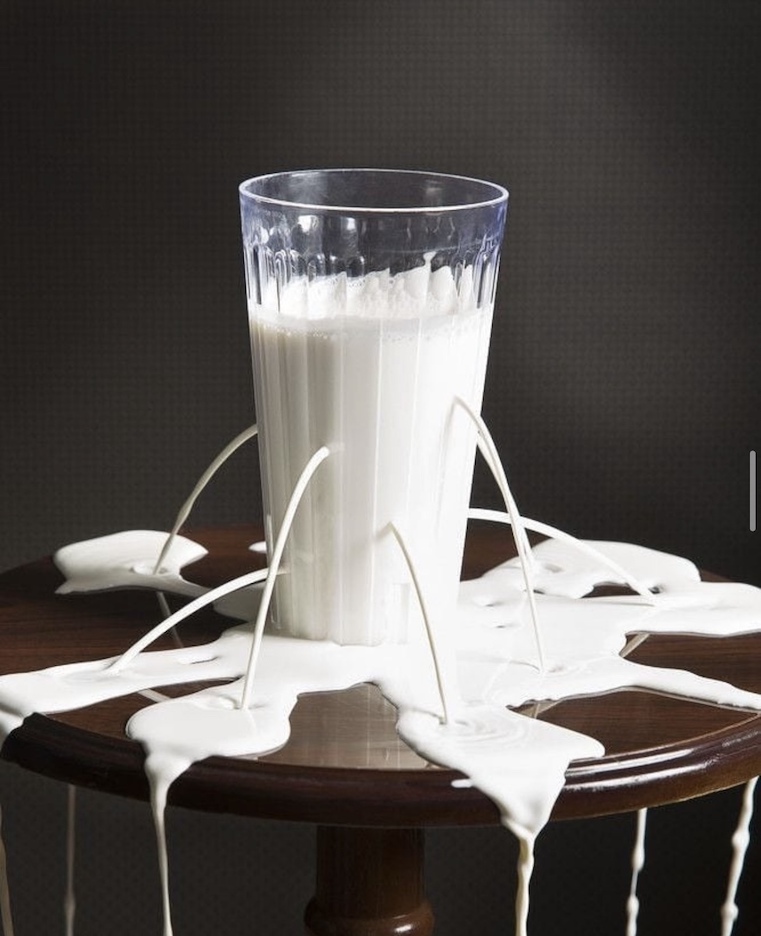One of the reasons dairy gets a bad rep is because it’s a pro-inflammatory food. Simply put, pro-inflammatory foods spike both inflammation and insulin levels in the body and the gut — which in turn increases oil production, causing more blemishes. And while everyone’s bodies are different (and thank goodness for that!), dairy consumption — especially cow dairy — seems to be an
acne trigger for a lot of people. Cow dairy in particular contains insulin-like growth factor 1, or IGF-1, which is a growth hormone that contributes to acne by increasing oil production and speeding up skin cell growth. So what does that mean for your skin? Nothing good. Acne develops when your hair follicles become clogged with oil and dead skin — so when
more oil comes into play and skin cell growth speeds up, your pores have a greater chance of becoming clogged, leading to major breakouts.



